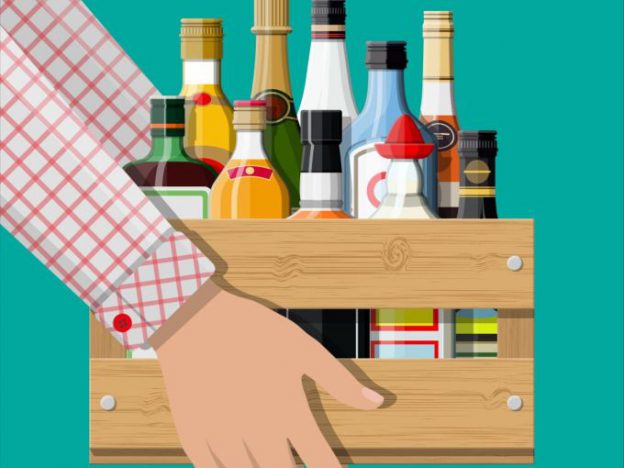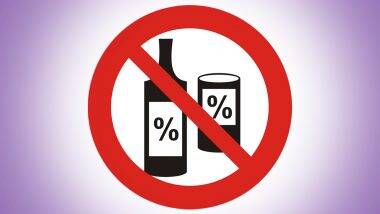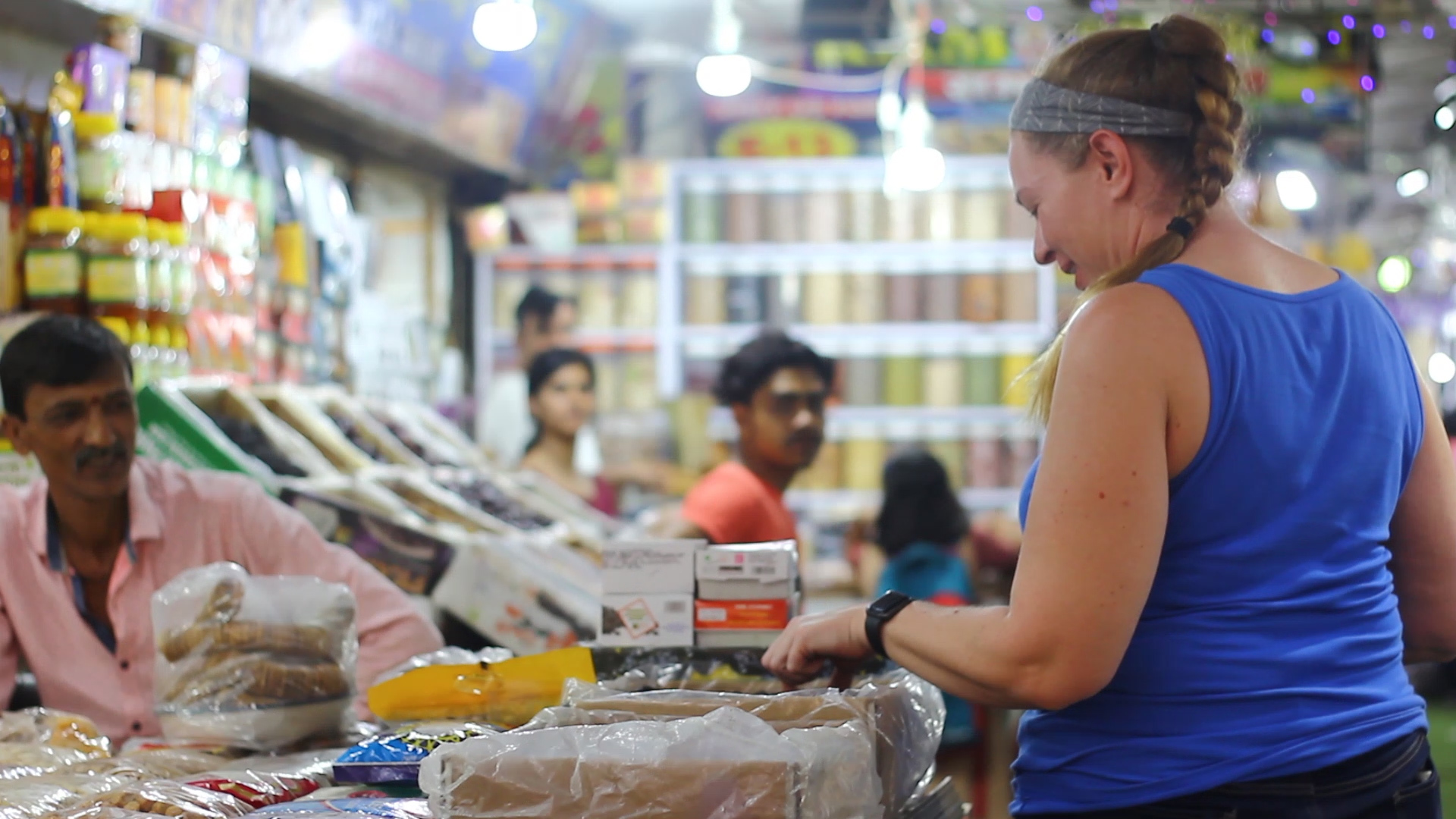Nakul Pasricha is the President of Authentication Solution Providers’ Association (ASPA), a non-profit organisation working towards building up authentication eco-systems in country to support economic, industry and consumer development. In an Interview with Ambrosia he provides deep insight about the current situation of the liquor industry.
Why does liquor matter to state excise and what should they do during such a crisis?
Excise revenue from alcoholic beverages has always been an important source of own tax revenue for states in India. According to Reserve Bank of India study (State Finances: A Study of Budgets of 20192-) state excise duty on alcohol accounts for around 10-15% of own tax revenue of most states.
Post GST implementation, its significance has increased as revenue from state excise (from alcoholic beverages) and stamp duty and registration fees (mainly levied on sale of property) are now the major sources where state governments have autonomy to levy taxes. If one were to exclude SGST (rates of which are decided in the GST Council) from states’ own revenues, the share of state excise and stamps and registration fees in states’ own revenues has increased significantly, from around 20% to 40%, in the post-GST regime.
Table: States revenue as Excise duty (Rs in crore)
2018-19 (RE) 2019-20 (BE)
All states + 2 UTs 1,50,657.95 1,75,501.42
Uttar Pradesh 25,100 31,517.41
Karnataka 19,750 20,950
Maharashtra 15,343.08 17,477.38
West Bengal 10,553.36 11,873.65
Telangana 10,313.68 10,901
Top 5 earner listed above
Source: State Finances: A study of Budgets of 2019-20; RBI
Smuggling or illicit liquor has always been a concern for revenue authorities, how can they handle this during such a crisis?
Smuggling will always remain a challenge with excise authorities until all states come together to form a national pricing policy. Taxes and prices can have a major impact on curbing this illegal trade but it also need to be supported by strong governance and high-level security. Smuggling, refilling and illicit trade can be curbed to a large extent, if all states upgrade their existing systems including upgradation of anti-counterfeiting and supply chain measures. For example, more than 22 states in India are using Tax stamps for revenue protection, but, still out of all, only few have upgraded their tax stamps with digital traceability mechanism. The ability of tax stamp issuers, brands and others involved in tax stamp programmes to monitor and record complex supply chain data in real time is something that could only have been dreamed of a few decades ago. But integration with technology has made it possible and extremely easy.
How much do you estimate counterfeiting has increased during COVID-19?
Liquor products have always been on higher priority for counterfeiters. We have noticed that during the COVID-19 lockdown there has been a spike in crimes related to liquor, making excise officials busy preventing illicit liquor trade. According to media sources, in last 30 days, almost one case per day had been reported in India.
Fraudsters have some ingenious methods of making illicit liquor. For example, many people started making liquor from hand sanitizers. According to a Delhi Police data, they have arrested 155 people in 147 cases under the Excise Act and 18,556 bottles of liquor recovered in the first two weeks of April during the ongoing lockdown. In Kochi, cops have seized over 8500 litres of spirit in multiple raids. In Bihar, which is a prohibited state, 900 cartons of illicit liquor were seized on way to state. In Hisar, officials have seized over 2 lakh liquor bottles during the lockdown period. These are few mere examples.
Some States have started home delivery models. What is your opinion on that?
A technology enabled home delivery solution can help enforce social distancing, but one need to ensure that what the consumer is getting is genuine and safe. There is a need to increase consumer awareness about the dangers of illicit or counterfeit liquor. Most of the liquor bottles carry anti-counterfeiting features but how many consumers check those or insist on a bill? It could be a good opportunity for Government to engage consumer in authentication process as well as in ensuring legitimate sale. If Government can make a mechanism and ensure consumer participation in authentication at point of delivery, it will be a game changer.
How can technology help curb illicit liquor?
With the advancement of desktop publication and smart scanning technologies, it is becoming easy for counterfeiters to replicate product labelling. It is crucial to understand how to protect the product and its packaging from physical attack as well as maintaining a secure supply chain. Even an expert cannot identify the difference between fake vs. genuine products. In this scenario, authentication technologies have played an essential role in combating counterfeiting. While physical technologies are essential for protecting product label and packaging, the recent advancement in digital technologies has open new ways for brand/authorities in faster authentication, monitoring the supply chain, traceability & data intelligence.

One illicit liquor trade case per day reported during COVID
Leave a reply









